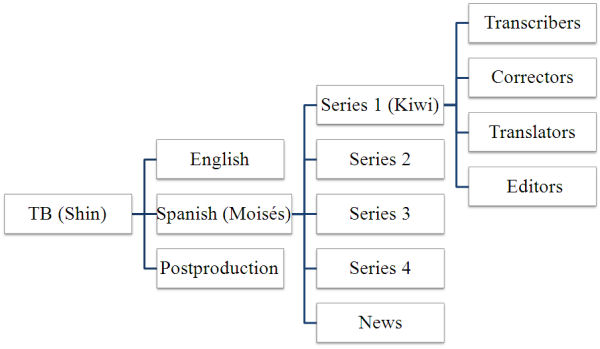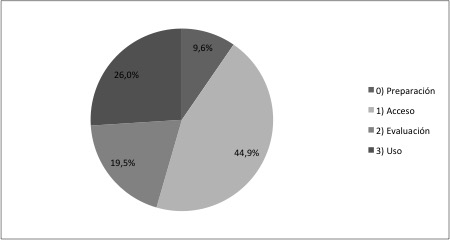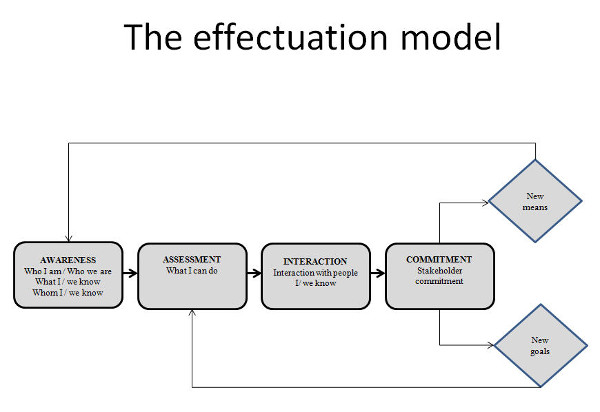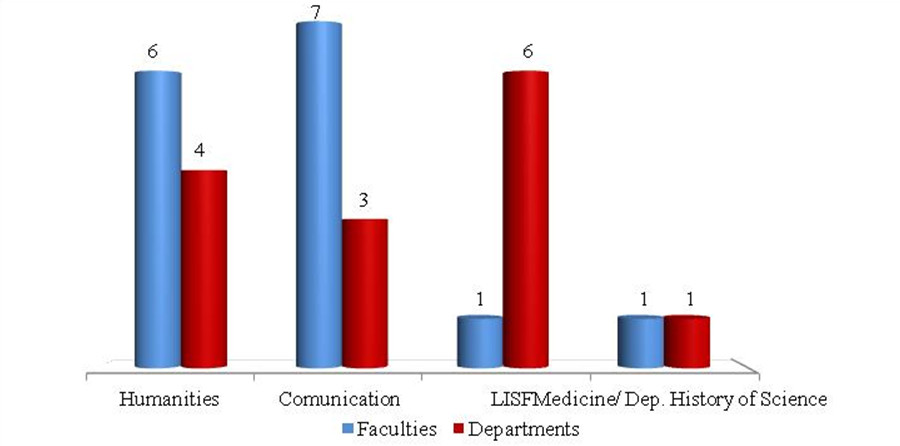Intellectual Freedom as a Human Right : The Library’s Role in a Democratic Society
Objective: Libraries have been called on by international organizations to avoid censorship and to provide access to diverse points of view. Public libraries are partially defined by their unrestricted services to patrons regardless of a person’s nationality, social status, or beliefs.
Methodology: This article will review the documents that describe the role libraries have in providing and protecting intellectual freedom. Specific organizations, educational practices, ethical statements, and polices in the United States will be reviewed.
Results: Librarians in all library types (academic, school, public, and special libraries) need to create and maintain two important policies for their libraries in order to protect against censorship. These policies are a collection development policy and a request for reconsideration policy.






![Classificació dels diferents tipus de crowdsourcing [elaboració pròpia a partir d'Estellés-Arolas i González-Ladrón-de-Guevara (2012)]](https://bid.ub.edu/wp-content/uploads/2015/11/alcala1.jpg)